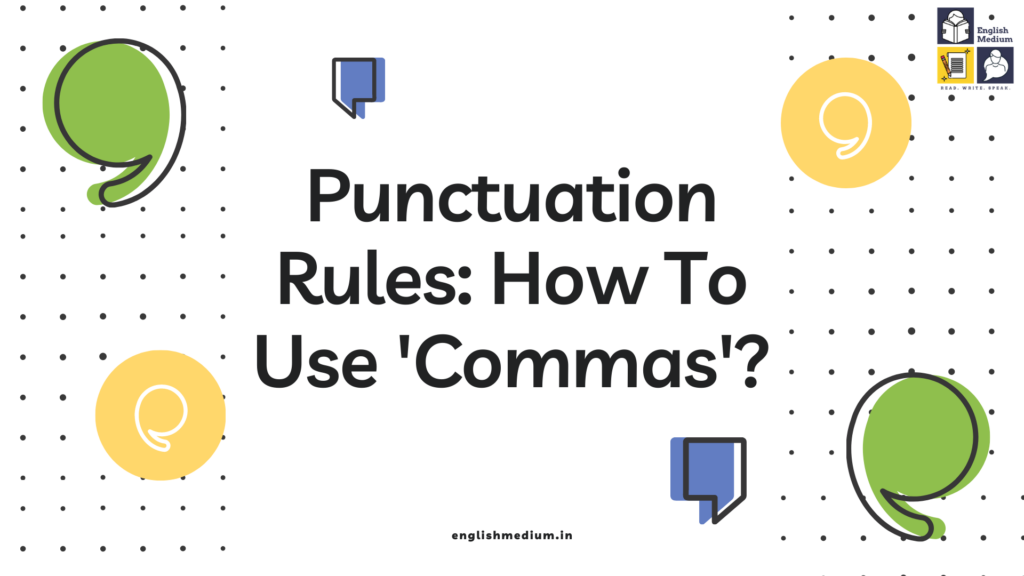Mastering the Art of Using Comma after Currently” “Into the Grammar Maze

Read Time:1 Minute, 27 Second
Mastering the use of commas, especially after the word “currently,” can be tricky but rewarding for clear and effective writing. Here’s a guide to help you navigate the grammar maze.
- When to Use a Comma after “Currently”
- Introductory Element: When “currently” is used as an introductory element in a sentence, it is usually followed by a comma.
- Example:
“Currently, I am working on a new project.”
“Currently, the team is focusing on improving the website.”
- Example:
This comma helps signal to the reader that the adverb is setting the stage for the main clause.
- Middle of a Sentence: If “currently” appears in the middle of a sentence, no comma is needed unless it’s part of a parenthetical expression.
- Example:
“The company currently operates in three countries.” - Example (with parenthesis):
“The company, currently focused on expansion, is hiring new employees.“
- Example:
- When Not to Use a Comma after “Currently”
- In Simple Sentences: When “currently” is used in the middle of a sentence without additional clauses or phrases that require separation.
- Example:
“She is currently studying for her exams.”
- Example:
- Flow with the Sentence: If “currently” naturally flows with the sentence, a comma can interrupt the smoothness of reading.
- Example:
“He currently manages both departments.”
- Example:
- Advanced Considerations
- Emphasis and Style: Writers may sometimes choose to add a comma after “currently” to emphasize a pause or to create a specific rhythm in the writing. This is more of a stylistic choice rather than a grammatical necessity.
- Example:
“Currently, we are, in fact, the largest supplier in the region.”
- Example:
Conclusion:
- Use a comma after “currently” when it starts a sentence or introduces a clause.
- Avoid a comma when “currently” fits smoothly into the middle of a sentence unless there is a parenthetical expression or additional clauses.


